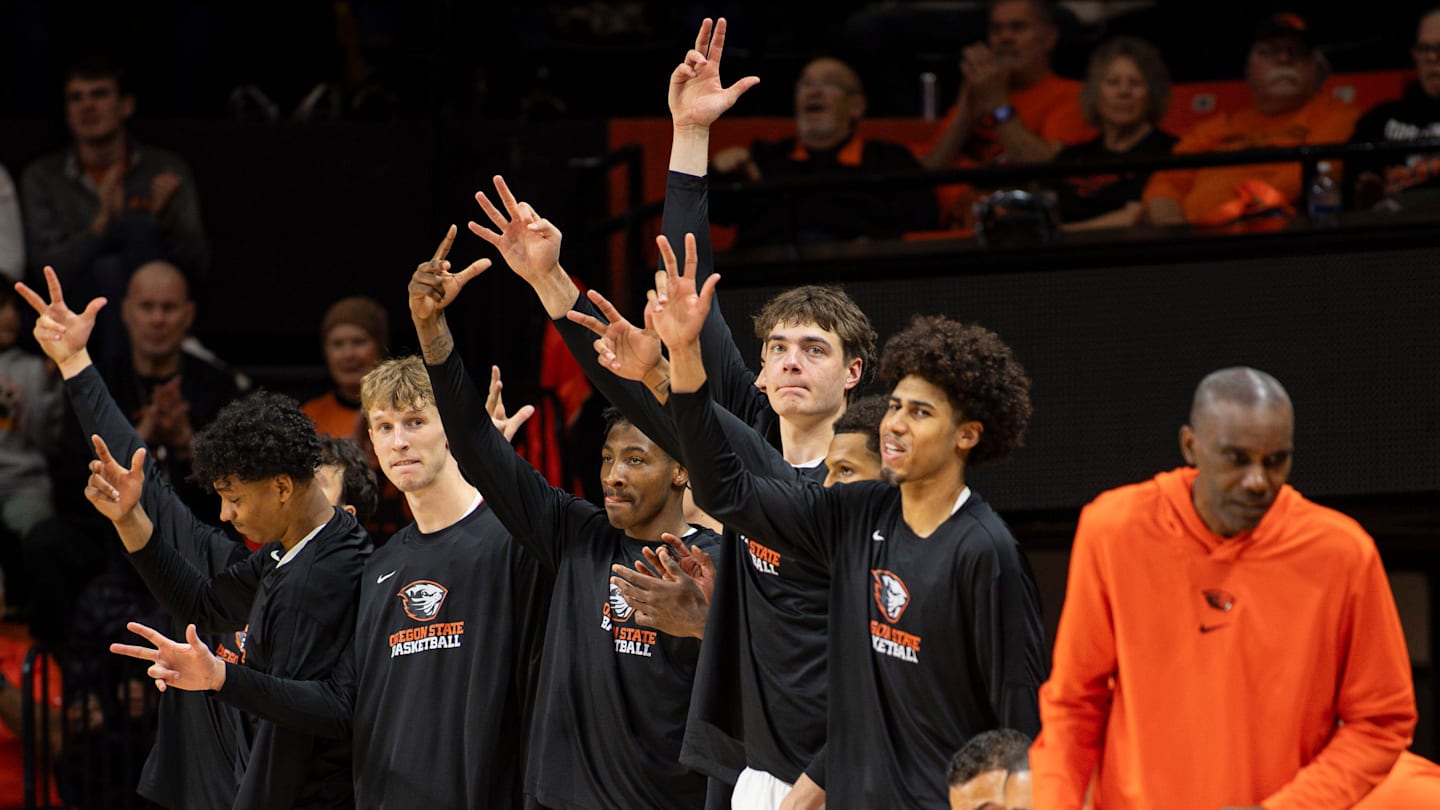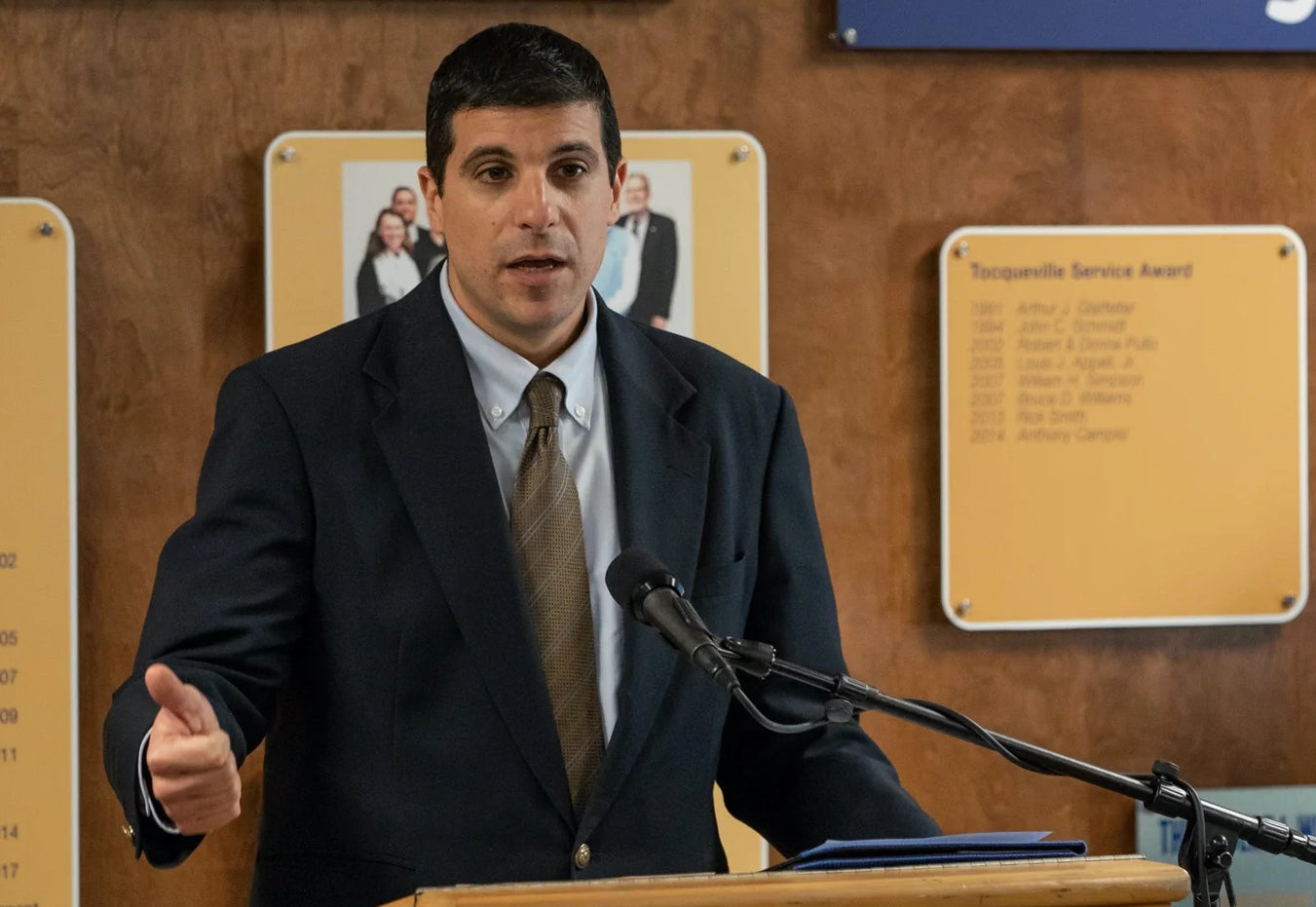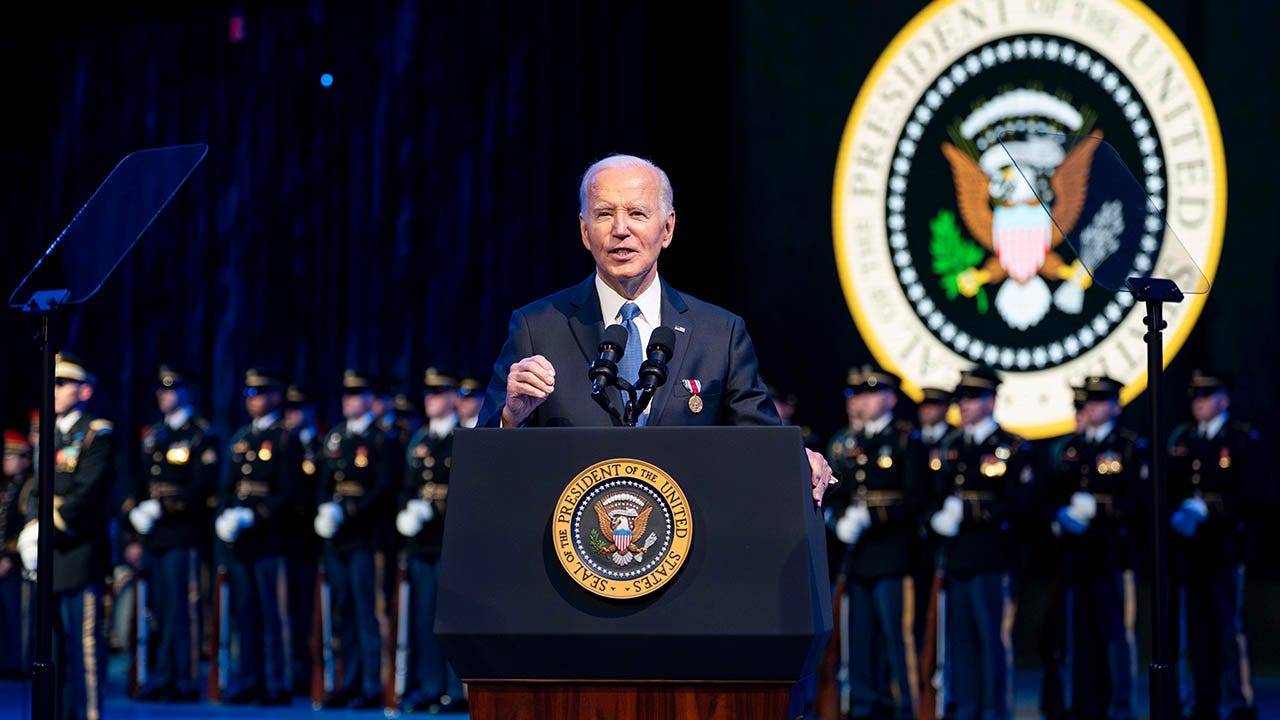Business
Reddit Communities Go Dark to Protest New App Policy

The moderators of hundreds of Reddit forums, known as subreddits, closed off access to their groups on Monday to protest the company’s plan to charge for access to the data that outside developers need to run apps on the site.
Many said the new pricing scheme could kill off some of the most popular third-party apps that many users rely on to browse and comment on the site. Others said the charges had sowed uncertainty about the tools that moderators use to manage discussions. An estimated 57 million people a day visit the platform.
Reddit announced in April that it would begin to charge some large-scale users for access to its application programming interface, or A.P.I., the method through which outside entities can download and process the social network’s vast selection of memes, gifs, videos, and conversation threads.
Reddit said it no longer wanted to give away such a valuable asset to companies like Google, OpenAI and Microsoft, which have been using Reddit’s data to develop artificial intelligence systems that many in Silicon Valley see as the next big thing.
“Reddit needs to be a self-sustaining business, and to do that, we can no longer subsidize commercial entities that require large-scale data use,” Steve Huffman, Reddit’s chief executive, said on Friday in an “Ask Me Anything” discussion on the site.
But the charges have set off a major backlash among the volunteer moderators of the site’s diverse communities, who said they would close off access to their groups for at least 48 hours, beginning Monday, in what they called a coordinated protest.
Moderators of some of Reddit’s most popular subreddits — including r/funny, with more than 40 million members, and r/gaming, r/Music and r/science, with more than 30 million members each — were taking part in the protest by setting their pages to private and posting messages denouncing the new terms and pricing.
Moderators of many smaller groups had also gone dark as part of the demonstration.
For a brief period on Monday, the protest made it difficult for some users to access Reddit as “a significant number of subreddits shifting to private caused some expected stability issues,” a Reddit spokesman said, adding that the problems had been resolved.
The developers of several popular apps said they would have to shut them down because of the new pricing system.
Apollo, an iOS app widely praised within the mobile developer community for its design interface and rich features, plans to shut down on June 30, according to a post on Reddit by its developer, Christian Selig. He said that Apollo would have to pay $20 million annually under the new pricing scheme.
“I hope it goes without saying that I don’t have that kind of money or would even know how to charge it to a credit card,” he wrote.
At least three other Reddit apps — rif is fun for Reddit, ReddPlanet and Sync — also announced plans to shut down on June 30, citing what they called unreasonable costs, the tech news site The Verge reported.
The moderators of r/blind, a hub for blind and visually impaired users with more than 20,000 members, said the charges could threaten the third-party apps that translate Reddit text into speech and that allow blind and visually impaired users to participate in discussions on the site.
Noah Carver, one of the r/blind moderators, said in a statement on behalf of his group: “The proposed changes to Reddit’s A.P.I. will not only isolate blind users from a social network used by millions of people, thus disconnecting us from the wider world; they will also largely decimate communities for blind people — and disabled people in general — which have thrived on Reddit despite the company’s perceived indifference.”
Since its founding in 2005, Reddit has been known for embracing freedom of speech, freedom of code and freedom of data, which allowed users to build tools and apps around the site, said Sarah Gilbert, a postdoctoral associate at Cornell University who studies content moderation and data ethics. She is also a moderator of the r/AskHistorians subreddit, which joined the protest.
Ms. Gilbert said the pricing plan could undermine the platform’s volunteer-driven culture, which sets it apart from other social media sites.
“It’s not just about people being unhappy that they can’t have their favorite app anymore,” she said in an interview. “It’s about the loss of community or fear of the loss of community.”
Tim Rathschmidt, a Reddit spokesman, said the company had been in contact with various Reddit communities to “clarify any confusion around our Data A.P.I. Terms, platform-wide policies, community support resources, and timing for new moderator tools.”
He said that Reddit spends millions of dollars on internet hosting fees and “needs to be fairly paid to continue supporting high-usage third-party apps.”
“Our pricing is based on usage levels that we measure to be comparable to our own costs,” he wrote in an email.
Mr. Rathschmidt added that some apps are more efficient and require significantly fewer A.P.I. calls and that “Apollo is notably less efficient than other third-party apps.”
“The vast majority of A.P.I. users will not have to pay for access; not all third-party apps usage requires paid access,” he wrote, adding that access is “is free for moderator tools and bots.”
Responding to concerns about accessibility raised by groups like r/blind, Mr. Rathschmidt said that the company had offered exemptions from the new prices to noncommercial apps that address accessibility issues. Several of those developers have signed agreements with Reddit, he said.

Business
China’s Population Declines for 3rd Straight Year

To get its citizens to have more children and stop its population from shrinking, China has tried it all, even declaring having babies an act of patriotism. And yet, for the third year in a row, its population got smaller.
Not even a surprise uptick in the number of babies born, a first in seven years, could reverse the course of an aging and declining population.
China is staring down a longer term baby bust that is rippling through the economy. Hospitals are shutting their obstetrics units, and companies that sold baby formula are idling factories. Thousands of kindergartens have closed and more than 170,000 preschool teachers lost their jobs in 2023.
The country’s birthrate, as one former kindergarten in the southern city of Chongqing put it, “is falling off a cliff.” Enrollments in China’s kindergartens plummeted by more than five million in 2023, according to the most recently available data.
On Friday, the National Bureau of Statistics reported that 9.54 million babies were born last year, up slightly from 9.02 million in 2023. Taken together with the number of people who died over 2024 — 10.93 million — China’s population shrank for a third straight year.
The small bump in newborns, in part because it was the auspicious Year of the Dragon in the Chinese zodiac, didn’t change the broader trajectory, experts said. China’s childbearing population is declining and young people are reluctant to have children.
“In the medium and long term, the annual number of births in my country will continue to decline,” said Ren Yuan, a professor at Fudan University’s Institute of Population Studies.
The lack of babies is adding to China’s economic challenges. A shrinking working-age population is straining an underfunded pension system, and an aging society is leaning on a creaking health care system. China also reported on Friday that the economy grew by 5 percent in 2024, a number that was in line with expectations but that many experts said did not fully reflect a crisis of confidence among households reeling from a multiyear property crisis.
To encourage people to have more babies, the authorities are offering tax benefits, cheaper housing and cash. Cities are promising to cover the cost of in vitro fertilization. In some parts of the country, they are even promising to get rid of restrictions that penalize single mothers.
The government has called on local officials to put in place early-warning systems to monitor big changes in population at the village and town levels around the country. Some officials are even knocking on doors and calling women to inquire about their menstrual cycles.
Companies are also getting involved. In 2023, the travel site Trip.com started paying employees nearly $1,400 a year for each newborn until the age of 5. Last week, the founder of electric vehicle maker XPeng said he would give employees nearly $4,100 if they had a third child.
“We want our employees to have more kids,” said He Xiaopeng, the founder, in a video posted on social media. “I think the company should take care of the money, so employees can have children.”
The problem is not unique to China, which in 2023 was passed by India as the world’s most populous nation. Falling birthrates are often a measure of a country’s move up the economic ladder because fertility rates tend to fall as incomes and education levels go up. But China’s sudden decline in population arrived much sooner than the government had expected. Many families are earning more money than they were a decade ago, but have lost income because of the housing crisis.
Officials have long feared the day when there will not be enough workers to support retirees. Now the government has less time to prepare. More than 400 million people will be 60 or older in the next decade.
China is facing two challenges on this front. Its public pension system is severely underfunded and many young people are reluctant — or are unable — to contribute. A low retirement age has made things worse. After years of deliberation, the government decided on a 15-year plan to gradually increase the official age to 63 for men, 58 for women in office jobs and 55 for women who work in factories. The changes took effect this month.
The party only loosened birth restrictions in 2015 to allow families to have two children, an easing that created a sudden boom. Hospitals had to add beds in the corridors because there weren’t enough.
But the moment was short-lived. By 2017, births started declining every year until last year.
In 2021, panicked officials loosened China’s birth policy again, allowing couples to have three children. It was too late. The next year, so few babies were born that the population began to shrink for the first time since the Great Leap Forward, Mao Zedong’s failed experiment that resulted in widespread famine and death in the 1960s.
China has one of the lowest fertility rates in the world, far below what demographers refer to as the replacement rate required for a population to grow. This threshold requires every couple, on average, to have two children.
Experts said the number of births would likely continue to fluctuate.
“For a country of 1.4 billion a half million more births is not much of a rebound at all,” Wang Feng, a professor of sociology at the University of California, Irvine. “This is in comparison to the lowest year, in 2023 when the pandemic certainly put a pause on childbearing.”
Many young Chinese people are quick to rattle off reasons not to have children: the rising cost of education, growing burdens of taking care of their aging parents and a desire to live a lifestyle known as “Double Income, No Kids.”
For women, the sentiment is especially strong. Daughters who were the only children in their families received education and employment opportunities their parents often did not. They have grown up to become empowered women who see Mr. Xi’s appeals to them to do their patriotic duty and bear children as one step too far. Many of these women have said that deep-seated inequality and insufficient legal protections have made them reluctant to get married.
The steep drop in babies is having a drastic effect on health care, education and even the consumer market. Companies that once minted money selling baby formula to feed a baby boom are now making shakes with calcium and selenium for older adults with brittle bones.
Nestlé, the world’s largest food company, is shutting a factory for the China market that employs more than 500 people halfway across the world in Europe. The company will focus on selling premium baby products and expanding its offering in adult nutrition in China, a spokesman said.
The pressure on China’s health care system is even more pronounced. Dozens of hospitals and maternal health clinic chains have reported closing over the past two years.
On social media forums, nurses specializing in obstetrics have talked about low pay and lost jobs. One doctor told state media that being in obstetrics, once considered an “iron rice bowl” position with guaranteed job security, had become a “rusty iron rice bowl.”
And some smaller hospitals have stopped paying their staff, Han Zhonghou, a former official at a hospital in northern China, told a Chinese magazine.
“Life for maternal and child hospitals,” Mr. Han said, “is getting harder and harder by the year.”
Business
FTC refers Snap complaint alleging its chatbot harms young users

The Federal Trade Commission on Thursday announced it had referred a complaint against Snap Inc. to the Department of Justice, alleging the social media company’s AI-powered chatbot is harmful to young users.
The complaint isn’t public, but the commission made the unusual move of announcing its referral because it determined it’s in the public interest. Two of the commissioners released statements saying they were opposed to the commission’s decision, which was made behind closed doors. One of the commissioners, Andrew N. Ferguson, called the vote “farcical.”
“I did not participate in the farcical closed meeting at which this matter was approved, but I write to note my opposition to this complaint against Snap,” he said in a statement.
Ferguson said he couldn’t elaborate on his opposition because the complaint isn’t public.
The referral signals the federal government has child safety concerns surrounding AI chatbots that can generate text and images. The Santa Monica-based company released a chatbot called My AI that runs on OpenAI’s technology in 2023 that can recommend what to watch, suggest a dinner recipe, help plan a trip or do other tasks.
Ferguson, a Republican who President-elect Donald Trump tapped to lead the FTC, said in his statement the complaint against Snap had “many problems” and clashed with the 1st Amendment.
A Snap spokesperson said in a statement that the company has “rigorous safety and privacy processes” and the product “is also transparent and clear about its capabilities and limitations.”
“Unfortunately, on the last day of this Administration, a divided FTC decided to vote out a proposed complaint that does not consider any of these efforts, is based on inaccuracies, and lacks concrete evidence,” the statement said. “It also fails to identify any tangible harm and is subject to serious First Amendment concerns.”
The FTC declined to share the complaint, noting it’s not public at the moment.
Snap has faced concerns about child safety before, including over the use of its app by teens to purchase deadly fentanyl-laced pills.
About 443 million people on average use Snapchat every day and the service is popular among teens.
Business
Trump Is Said to Consider Executive Order to Circumvent TikTok Ban

President-elect Donald J. Trump is considering an executive order to allow TikTok to continue operating despite a pending legal ban until new owners are found, according to a person with knowledge of the matter.
The possible executive order, reported earlier by The Washington Post, is under discussion as TikTok faces a deadline on Sunday to be banned in the United States unless it finds a new owner. The popular video-sharing app is owned by ByteDance, a Chinese company. Republicans have said for years that they see the app, which has been downloaded to millions of smartphones, as a national security risk. It has become a rare issue that has united both parties in Congress.
If the Supreme Court upholds the law, which will ban the app unless ByteDance sells it to a non-Chinese company, special treatment from Mr. Trump might be the only way for TikTok to continue operating in the United States in the near term. The law requires app store operators like Apple and Google and cloud computing providers to stop distributing TikTok in the United States.
An executive order could try to direct the government not to enforce the law or to delay enforcement to complete a deal, a move that past presidents have used to challenge laws. It is unclear if an executive order would survive legal challenges or persuade the app stores and cloud computing companies to take steps that could expose them to huge penalties.
Alan Z. Rozenshtein, a former national security adviser to the Justice Department and a professor at the University of Minnesota Law School, said an executive order should be “taken with a medium-sized boulder of salt.” Such an order is not a law, he said, and legally would not change the legislation passed by Congress and signed by President Biden.
While there is some speculation that the app will still work if it has already been downloaded, the law also affects internet hosting companies like Oracle and other cloud computing providers, and it is unclear how video load times and the functionality of the app may respond.
One person close to Mr. Trump’s team said some of his allies had loose discussions about buying TikTok but provided no details. Mr. Biden, whose term ends on Monday, a day after the ban is set to go into effect, is also under pressure to find a way to save the app.
The New York Times reported late Wednesday that TikTok’s chief executive, Shou Chew, is expected to attend Mr. Trump’s inauguration on Monday and was offered a seat on the dais. TikTok declined to comment.
Mr. Chew is expected to be joined by other tech executives on the dais: Mark Zuckerberg, the co-founder of Meta; Jeff Bezos, the Amazon founder; Elon Musk, Mr. Trump’s megadonor; and Tim Cook, the chief executive of Apple, who personally donated $1 million to the inaugural committee.
Mr. Trump had previously backed a TikTok ban but publicly changed his stance last year, soon after meeting with Jeff Yass, a Republican megadonor who owns a large share of ByteDance.
Mr. Trump has said they did not discuss the company. But Mr. Yass helped found the trading firm Susquehanna International Group and is one of the biggest supporters of the conservative lobbying group Club for Growth. The group has hired people with ties to Mr. Trump, such as Kellyanne Conway, his former top adviser, and the Republican adviser David Urban, to lobby for TikTok in Washington.
TikTok has also worked to make inroads with the Trump team through Tony Sayegh, who was a Treasury official during Mr. Trump’s first administration and now leads public affairs for Susquehanna.
Mr. Sayegh has relationships with the Trump family and was a core part of the campaign’s decision to join TikTok this summer. Several members of the family, including Ivanka Trump, Donald Trump Jr. and Kai Trump, the president-elect’s granddaughter, have also joined the app.
Mr. Trump’s interest in TikTok is not entirely because of his advisers. He came to see how well videos about him performed on the platform, and his advisers credited it with helping him to expand his reach to a new type of voter during the campaign.
Any actions Mr. Trump might be able to take on TikTok are complicated. The law gives the president the ability to extend the deadline for a sale only if there is “significant progress” toward a deal that would put the company in the hands of a non-Chinese owner.
It also requires that the deal be possible to complete within 90 days of an extension. It is unclear exactly how an extension will work if Mr. Trump tries to deploy it after the ban takes effect.
TikTok has maintained throughout its court challenge to the law that such a sale is unworkable in part because of the prescribed time frame. A group led by the billionaire Frank McCourt has mounted a bid to buy the app — though without its mighty algorithm — in recent months.
Mr. Trump could also try to work around the law by instructing the government not to enforce it.
But app store operators and cloud computing providers could require more than a soft assurance from Mr. Trump that he will not punish them if they fail to execute the ban, said Ryan Calo, a professor at the University of Washington School of Law. The potential legal liability for companies that violate the law is significant: Penalties are as high as $5,000 per person who is able to use TikTok once the ban is in effect.
“You could have a policy not to enforce this ban,” said Mr. Calo, who was part of a group of professors who urged the Supreme Court to overturn the TikTok law. “But I think that maybe conservative companies would just be like: ‘OK, you’re not going to enforce it. But it is on the books, and you could enforce at any time.’”
Mr. Trump’s pick for attorney general, Pam Bondi, has declined to say whether she would enforce the law.
“I can’t discuss pending litigation,” she said at her Senate confirmation hearing on Wednesday. “But I will talk to all the career prosecutors who are handling the case.”
Mr. Trump has a third option: appealing to Congress to reverse a policy it overwhelmingly approved with broad bipartisan support last year.
“Congress can undo this anytime,” Mr. Calo said.
On Thursday, Senator Chuck Schumer of New York, the Democratic leader, said on the Senate floor that he was worried about the possibility of a ban on TikTok.
“It’s clear that more time is needed to find an American buyer and not disrupt the lives and livelihoods of millions of Americans, of so many influencers who have built up a good network of followers,” he said. He added that he had also made those views clear to the Biden administration and accused Republicans of blocking a bill that would have extended the deadline for a ban by 270 days.
A White House official said on Thursday that the administration’s clear view was that TikTok should operate with an American owner. Because of the timing of the potential ban — taking place over a holiday weekend before the inauguration — it would fall to the next administration to carry out the law, the official said.
Catie Edmondson contributed reporting.
-
/cdn.vox-cdn.com/uploads/chorus_asset/file/25822586/STK169_ZUCKERBERG_MAGA_STKS491_CVIRGINIA_A.jpg)
/cdn.vox-cdn.com/uploads/chorus_asset/file/25822586/STK169_ZUCKERBERG_MAGA_STKS491_CVIRGINIA_A.jpg) Technology1 week ago
Technology1 week agoMeta is highlighting a splintering global approach to online speech
-

 Science5 days ago
Science5 days agoMetro will offer free rides in L.A. through Sunday due to fires
-
/cdn.vox-cdn.com/uploads/chorus_asset/file/25821992/videoframe_720397.png)
/cdn.vox-cdn.com/uploads/chorus_asset/file/25821992/videoframe_720397.png) Technology1 week ago
Technology1 week agoLas Vegas police release ChatGPT logs from the suspect in the Cybertruck explosion
-

 News1 week ago
News1 week agoPhotos: Pacific Palisades Wildfire Engulfs Homes in an L.A. Neighborhood
-

 Education1 week ago
Education1 week agoFour Fraternity Members Charged After a Pledge Is Set on Fire
-

 Business1 week ago
Business1 week agoMeta Drops Rules Protecting LGBTQ Community as Part of Content Moderation Overhaul
-

 Politics1 week ago
Politics1 week agoTrump trolls Canada again, shares map with country as part of US: 'Oh Canada!'
-
/cdn.vox-cdn.com/uploads/chorus_asset/file/23935558/acastro_STK103__01.jpg)
/cdn.vox-cdn.com/uploads/chorus_asset/file/23935558/acastro_STK103__01.jpg) Technology5 days ago
Technology5 days agoAmazon Prime will shut down its clothing try-on program















